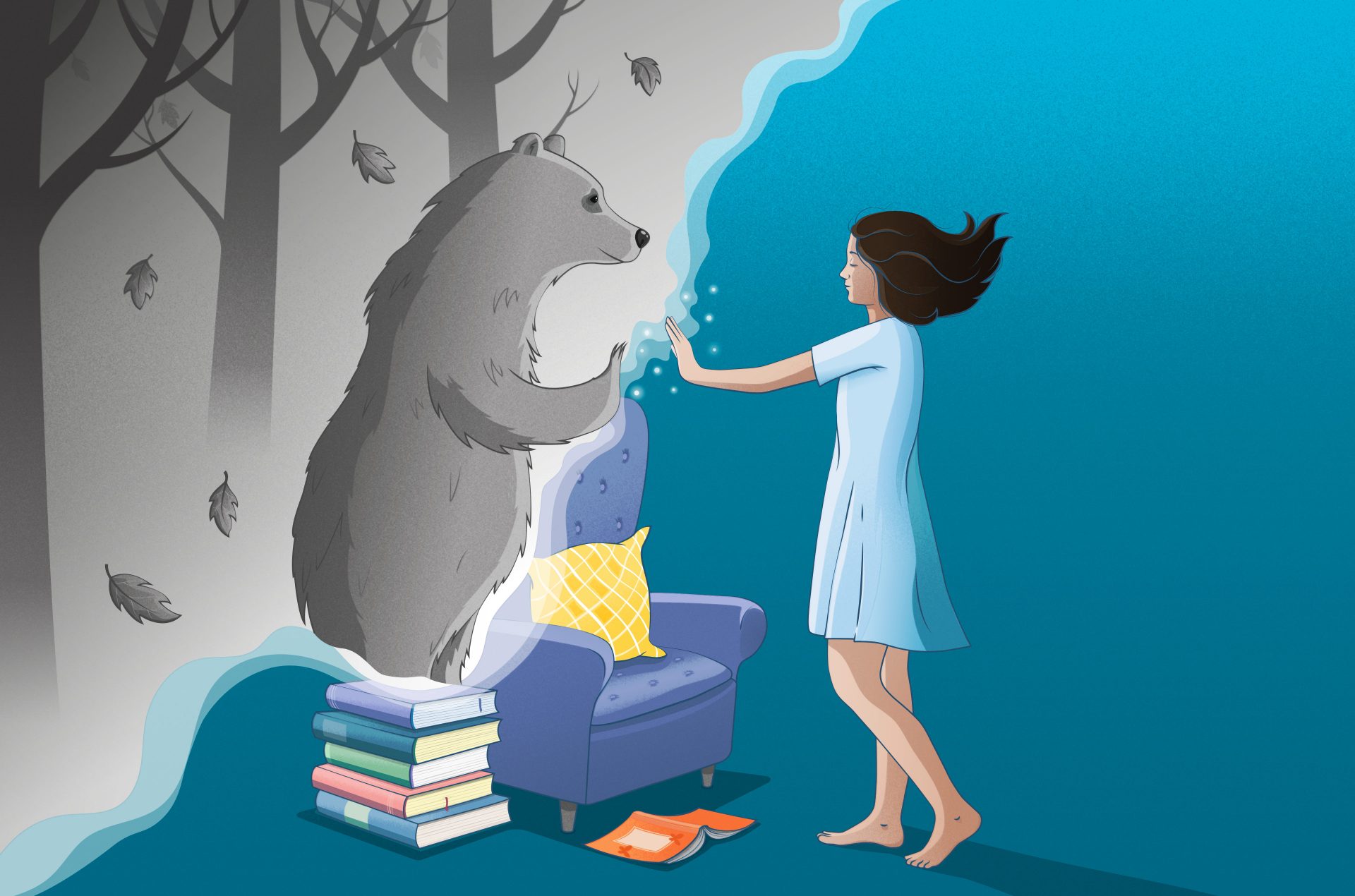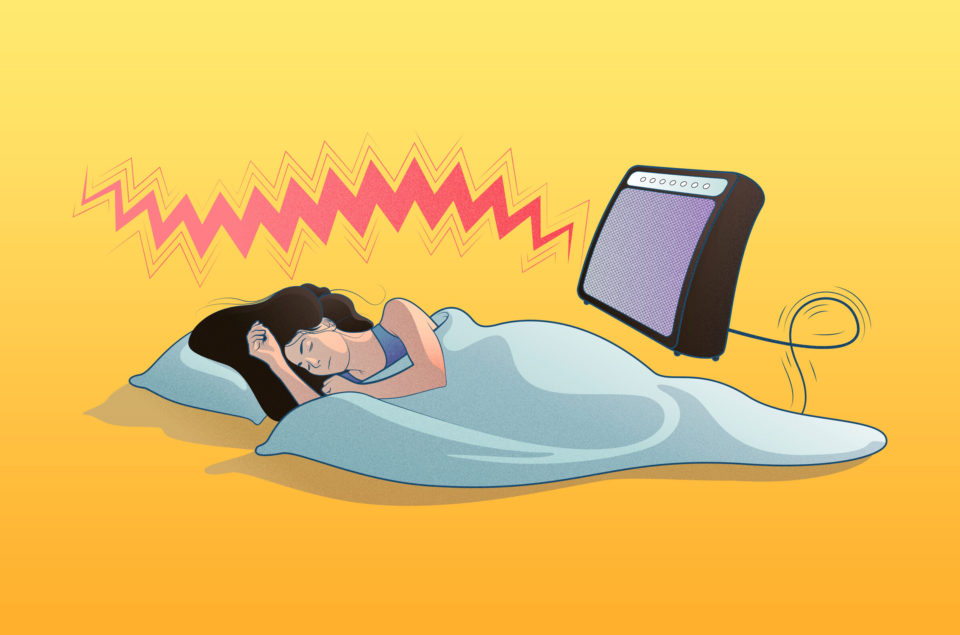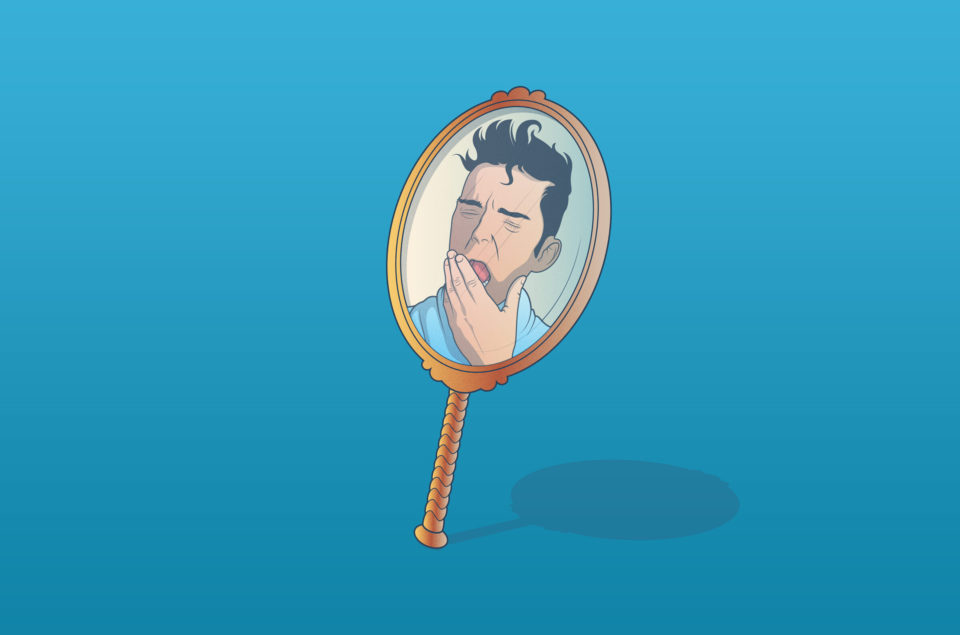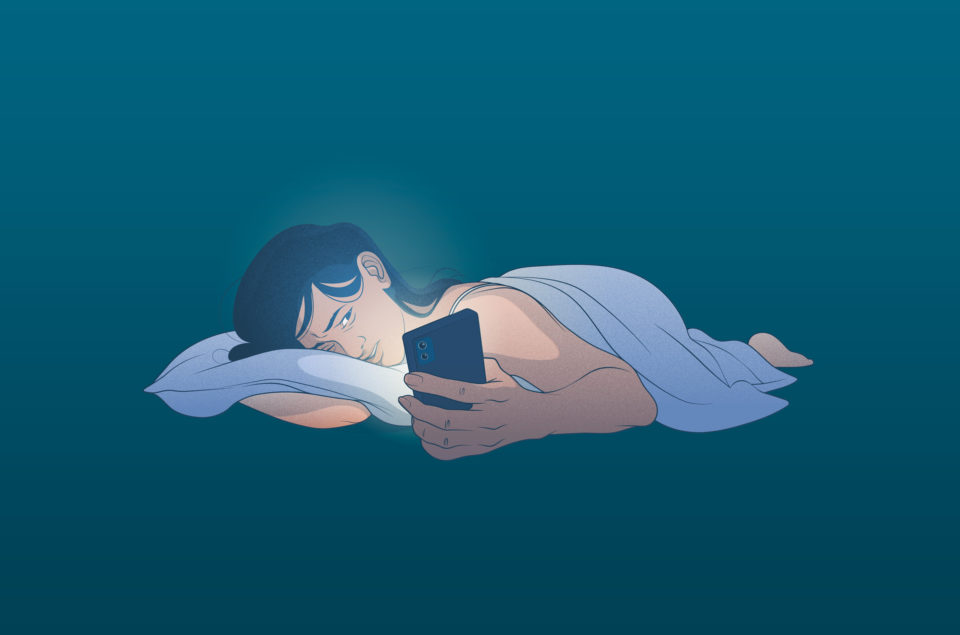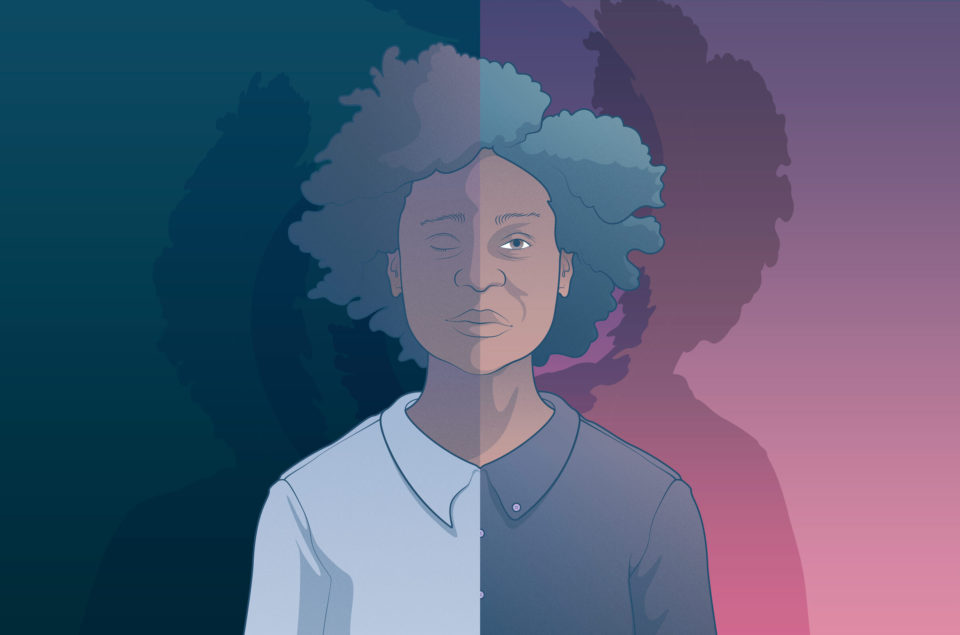Sleep. It’s something all of us can’t live without and the subject of endless crazy facts, contradictions and question marks. Here are some of our favorites.
Did you know that 12% of people dream in black and white? No HD or IMAX® here people – old school only and we’re presuming they’re silent movies too?
Cats sleep for approximately 2/3 of their lives. Now if the math is right, that’s 6 of their 9 lives spent sleeping. At the other end of the sleep (and height) scale, giraffes only sleep for under 2 hours a day.
The average person falls asleep in around 7 minutes. If you take less than 5 minutes to do this, it probably means you’re suffering from sleep deprivation. Need some help to fall asleep? Check this out.
How much sleep we need depends on many factors – age, circumstances and lifestyle being just three. The old-established 8-hour rule might not apply to you though, so find a routine that suits you and your health best.
Researchers estimate that 15% of us are sleepwalkers. However, the popular myth that you shouldn’t wake a sleepwalker is not true – however if you do so, make sure you do it carefully and gently.
Among the top tips to enjoy a better night’s sleep are (in no special order) remove mobile phones or tablets from the bedroom, don’t eat just before bedtime and keep the room at a cool temperature – around 18°C is recommended.

Whether we dream in black and white or glorious Technicolor, within 5 minutes of waking up, 50% of your dream will be forgotten. 5 more minutes and 90% is gone. Freud hypothesised that this was because dreams were repressed emotions and our brain wanted to ‘bin’ them quickly.
Humans are the only mammals who purposely delay sleep. So if you’re looking for a good example of sleep habits, study your dog or cat!
In the late 1940s, French-born American Al Herpin claimed that he had not slept for over 10 years. At the time, doctors noted that he was in otherwise good health and Mr Herpin lived to the ripe old age of 94. Details aren’t available but we’re assuming he didn’t die in his sleep.
Some people claim to have developed methods that let us fall asleep almost instantaneously – these include the Military Method, 4-7-8 Breathing Method and Progressive Muscle Relaxation.
Since the dawn of man, humans have reflected over the meaning of dreams. In ancient Egypt, many believed that the dream world was a real place, conveniently located between the lands of the dead and the living and that dreams were a form of communication between these two places.
Polyphasic sleepers rest in shorter periods throughout the day rather than one long sleep overnight. However, in the scientific community, polyphasic sleep continues to provoke debate, much of which focuses on the potential negative health consequences.
And finally – were you aware that only 20% of us get our recommended sleep quota? So if you’re putting off going to bed reading this article, we recommend shutting down your mobile or laptop now and hitting that pillow – after all, the odds say that you need it!
